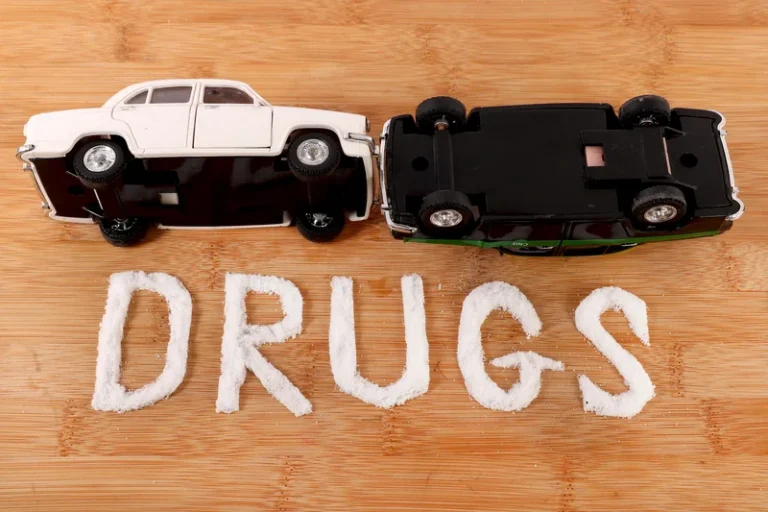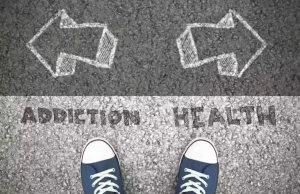
Research is ongoing to learn more about the therapeutic properties and health effects of CBD. This particular study suggests individuals with drug addiction may benefit from EPIDIOLEX, the FDA-approved CBD addiction medicine. is cannabidiol addictive Still, more extensive studies are needed to confirm this as clinical evidence. Individuals seeking to use cannabis, in general, for opioid addiction should proceed cautiously as with any pharmaceutical drugs.
What exactly does CBD do?
But the levels of CBD administered in clinical trials are far larger than the maximum dose recently approved by the Therapeutic Goods Administration (TGA) for over-the-counter products, Professor Martin said. Chesworth and Karl reported that CBD (10 mg/kg) treatment reduced the intensity of cocaine-induced locomotion in mice (Chesworth and Karl, 2020) and blunted the expression of locomotor sensitization induced by cocaine and caffeine co-administration in rats (Prieto et al., 2020) (Table 1). It should note that CBD (15-60 mg/kg) did not change locomotion but prevented D-AMPH-induced hyperlocomotion elicited without catalepsy induction in mice (Moreira and Guimarães, 2005). Overall, CBD was found to have an impact on the intoxication and relapse phase of opioid addiction. Data on its effect during the withdrawal phase remain conflicting and vary based on co-administration of other cannabinoids such as THC. Withdrawal symptoms typically occur when someone stops using a substance their body has become dependent on, such as certain drugs or alcohol.

CBD Is Still an Unregulated Substance
Researchers of an animal study published in the Journal of Experimental Medicine found that it significantly suppressed chronic neuropathic and inflammatory pain. The strongest evidence for its effectiveness is in treating medical conditions including epilepsy. Dravet syndrome and Lennox-Gastaut syndrome (LGS), which typically don’t respond to anti-seizure medications, have been found to respond to CBD.
- On the other hand, the effects of CBD alone or in combination with THC (2.5 mg/kg each, i.p., 4 days) on ethanol-induced locomotor sensitization were also evaluated in DBA/2 mice.
- Cannabidiol is one of several (probably 200) compounds of the cannabis plant.
- Thus, available evidence suggests that CBD may functionally regulate the activity of the mesolimbic DA system and counteract the effects of dysregulated dopaminergic transmission induced by drugs such as amphetamine, cocaine, alcohol, or cannabis.
- In accordance with this finding, systemic injections of CBD alone (10 and 20 mg/kg, i.p.) failed to significantly alter extracellular DA level in the NAcc (Galaj et al., 2020).
- However, the authors draw attention to the fact that most studies use a combination of THC and CBD.
Learn more about CBD and cannabis

The findings included in this review suggest that CBD may reduce the consumption, motivation or relapse of alcohol, opioids (i.e., heroin, morphine) and psychostimulants (amphetamine, methamphetamine, and cocaine), as well as the withdrawal-related signs of morphine and cocaine. The clinical trials recently launched will provide relevant information to know the outcome of the translational approach to patients suffering from these addictive disorders. In addition, it is important to highlight the protective actions derived from CBD treatment not only to attenuate drug-induced damages in the CNS, but also in peripheral tissues such as alcohol-induced liver steatosis or cirrhosis. Our laboratory was the first to publish relevant data regarding the effects of CBD on ethanol reinforcement, motivation, and relapse in C57BL/6J male mice. Voluntary ethanol consumption (VEC) and oral ethanol SA procedures were employed.
Cannabinoids act on the body’s endocannabinoid system to regulate anxiety, mood, and appetite. CBD is extracted from cannabis plants (e.g., Cannabis indica, Cannabis sativa, and Cannabis ruderalis). However, the hemp plant (Cannabis ruderalis) typically contains higher quantities of CBD. “Cannabidiol” (CBD), or “hemp oil” may seem like a new discovery, but it has actually been cultivated https://ecosoberhouse.com/ for thousands of years. Many cultures, including the ancient Egyptians, used the cannabis plant and its derivatives for healing, and cannabis was most likely one of the first plants cultivated for the purpose of making cloth. It could be okay for them because public health research shows low abuse potential for cannabidiol but they should speak with a healthcare professional first.
- Researchers are still studying how long marijuana’s effects last and whether some changes may be permanent.
- For now, however, the FDA urge people not to depend on CBD as an alternative to conventional medical care.
- Familiarize yourself with labeling and independent testing processes to ensure that your chosen CBD product meets your specific needs and preferences.
- Transitioning from the health benefits of CBD, it’s important for consumers to understand the safety of using CBD oil.
- Regarding METH, CBD (40 and 80 mg/kg; IP) suppressed METH-induced CPP in a dose-dependent manner (Yang et al., 2020).
Multiple recent studies have shown CBD’s effectiveness in reducing blood pressure in those with hypertension. And OTC CBD products are not regulated or standardized like prescription medications such as Epidiolex. Hemp oil is processed differently (pressing hemp seeds) and typically contains no CBD. This article covers the latest evidence on over-the-counter (OTC) CBD—its uses, safety considerations, interactions, and what to know before you try it. THC can cause a sense of euphoria but can also cause other sensations, like paranoia. CBD oil should not contain more than 0.3% THC, so it does not typically cause a feeling of euphoria—so many people assume it’s safe, although it may not be, especially for specific populations.
- Some people have been using cannabidiol to calm spasms during epileptic fits.
- The preoccupation/ anticipation stage is implicated in the reinstatement of substance use following abstinence.
- Interestingly, a statistical meta-analysis of all present information describing direct effects of CBD at cannabinoid receptors concluded that there is no direct CBD–CB1R interaction that may account for the reported changes in endocannabinoid signaling (McPartland et al., 2015).
- The U.S. Food and Drug Administration (FDA) approved Epidiolex, a medicine that contains purified CBD from hemp, to help treat rare seizure disorders.
- Cytochrome P450 (CYP450) is a liver enzyme your body uses to break down some drugs.
- In a 2018 randomized double-blind trial investigating CBD effect on atonic seizures in 225 patients 2-55 years old with Lennox-Gastaut syndrome, patients received 10 and 20 mg/kg/day oral CBD for 28 days [75].
Medical Professionals

- In addition, possible molecular targets underlying CBD’s mechanisms of action are discussed.
- De Petrocellis et al. found that 1-10 µM CBD significantly inhibited human prostate carcinoma cell viability, inducing apoptosis and elevation of reactive oxygen species (ROS) [48].
- Hemp is defined as any part of the cannabis sativa plant with no more than 0.3% of tetrahydrocannabinol (THC)A, the mind-altering substance in cannabis.
- In addition, CBD fully reversed the high impulsivity level showed by rats with an EtOH dependence history (Gonzalez-Cuevas et al., 2018).
- “To get a therapeutic benefit, particularly for seizures or acute pain, it appears you probably need to take around 10 to 20 milligrams per kilogram, so roughly a gram of cannabidiol per day.”
